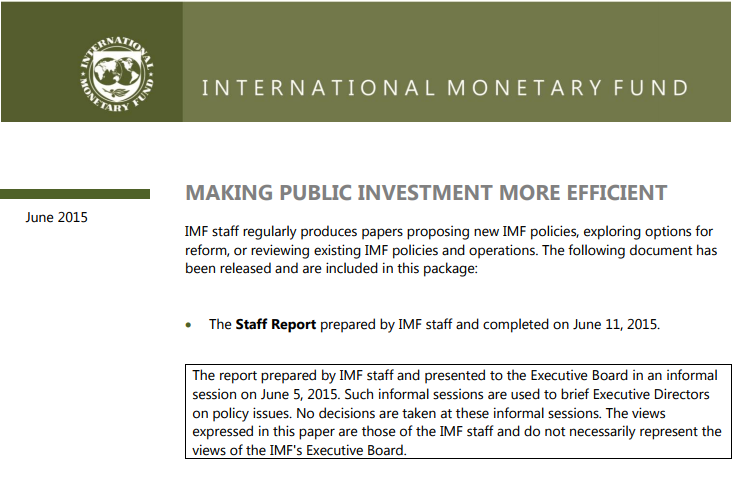880 results found
Featured results



More results
The paper “Partnering to Build a Better World: MDBs’ Common Approaches to Supporting Infrastructure Development” presents a brief description of how MDBs work with their Borrowing Member Countries (BMCs) .

The National Framework for Traditional Contracting provides a best practice framework and commercial principles for delivering infrastructure through public procurement.

This report describes the role of economic analysis and the impacts of climate change on economic analysis of infrastructure projects in the context of Asia and the Pacific.

This note seeks to identify a research agenda for addressing the main gaps in information for understanding the drivers and impediments of long-term investment and related financing.

The Decision Tree Framework is a robust decision scaling approach from the World Bank that provides resource-limited project planners and program managers with a cost-effective and effort-efficient, scientifically defensible, repeatable, and clear method for demonstrating the robustness of a project to climate change.

This paper studies the joint decision to invest in such infrastructure, and retrofit it later, given that future climate damages are uncertain and follow a geometric Brownian motion process with positive drift.

This report presents the water and climate adaptation plan (WATCAP) developed for the Sava river basin (SRB), the report covers climate impacts in the Sava river basin, an economic evaluation of the SRB and Hydrologic Modeling of SRB.

The study provides a qualitative and quantitative analysis of the employment impact EIB projects in four Mediterranean partner countries.

The guidelines give concrete advice to countries on how to manage their responsibilities as company owners, thus helping the state-owned enterprises to become more competitive, efficient and transparent.

This guide provides a high-level overview of each assurance process for infrastructure projects in the Commonwealth.


This paper finds that better Public Investment Management enhances public infrastructure quality and economic growth, and pinpoints key institutional reforms needs to boost public investment efficiency and productivity.


This report outlines the guidance and recommendations concerning the reform proposals of state owned enterprises operating in the field of water supply and urban sanitation as well as providing guidance/recommendations concerning economic management options for service providers in Vietnam.


Given the pivotal role of public finance agencies in scaling up climate finance, Multilateral Development Banks (MDBs) have a major role to play in mainstreaming climate change and in providing finance in an effective, catalytic manner.


This publication outlines options for the financing and implementation of a systematic infrastructure action plan for the Seychelles.

The Decision Tree Framework is a robust decision scaling approach from the World Bank that provides resource-limited project planners and program managers with a cost-effective and effort-efficient, scientifically defensible, repeatable, and clear method for demonstrating the robustness of a project to climate change.

This guide outlines five steps in the context of achieving a knowledge exchange, (i) Anchor the knowledge exchange, (ii) Define the knowledge exchange, (iii) Design and develop the knowledge exchange, (iv) Implement the knowledge exchange, (v) report the results. Case studies from South America and Africa are discussed with reference to this guide. This is the second edition of the document updated in 2015.

This guide outlines five steps in the context of achieving a knowledge exchange, (i) Anchor the knowledge exchange, (ii) Define the knowledge exchange, (iii) Design and develop the knowledge exchange, (iv) Implement the knowledge exchange, (v) report the results. Case studies from South America and Africa are discussed with reference to this guide. This is the second edition of the document updated in 2015.

This guide outlines five steps in the context of achieving a knowledge exchange, (i) Anchor the knowledge exchange, (ii) Define the knowledge exchange, (iii) Design and develop the knowledge exchange, (iv) Implement the knowledge exchange, (v) report the results. Case studies from South America and Africa are discussed with reference to this guide. This is the second edition of the document updated in 2015.

The main point of this report is to provide quantitative evidence of how improving utility management and more accurately targeting smaller subsidies would free up enough resources to make the needed investments and operate the sector at a lower cost.

The IMF/WBG Note presents policy issues related to Islamic finance for consideration by the G20 members.





